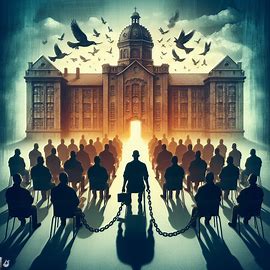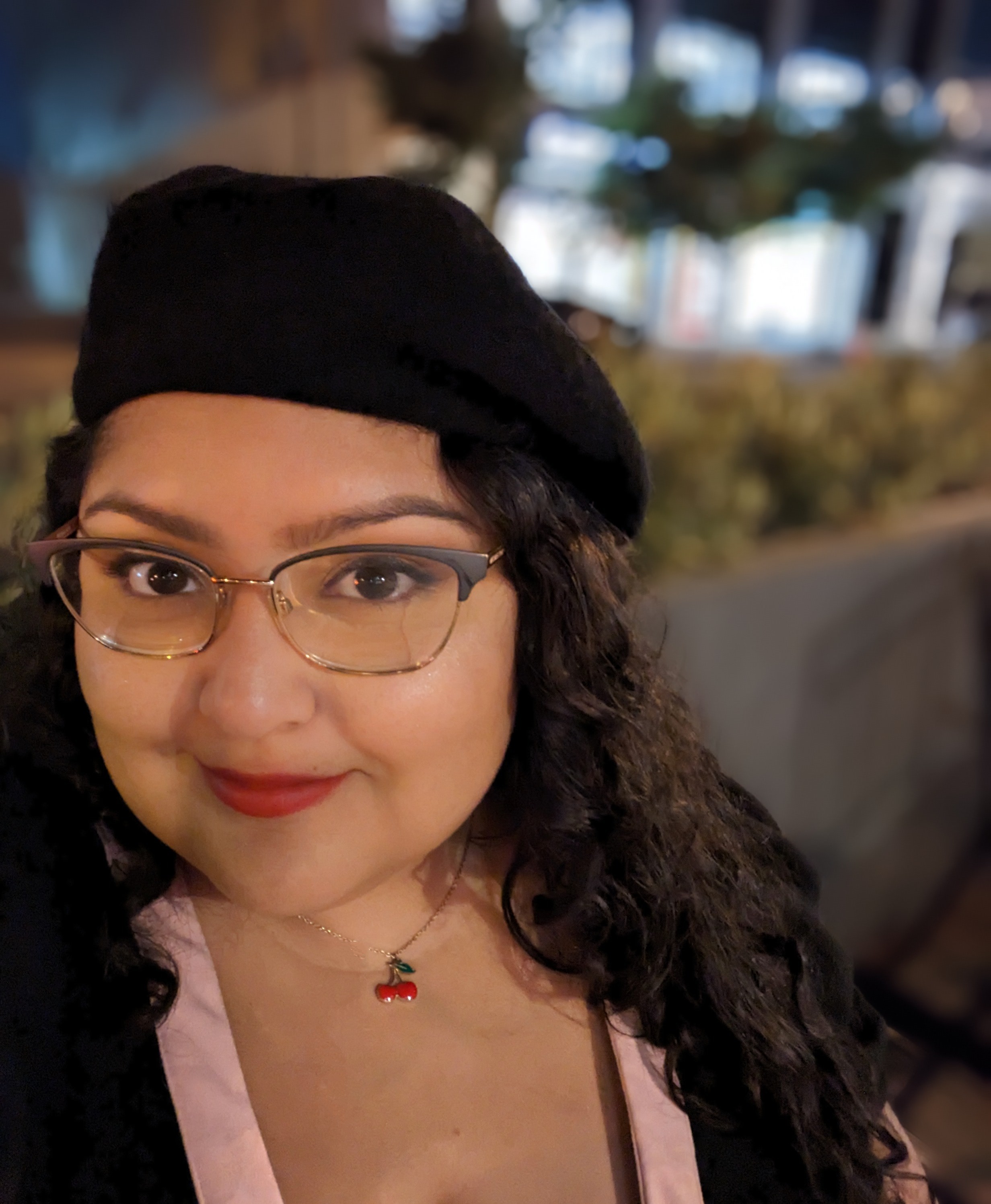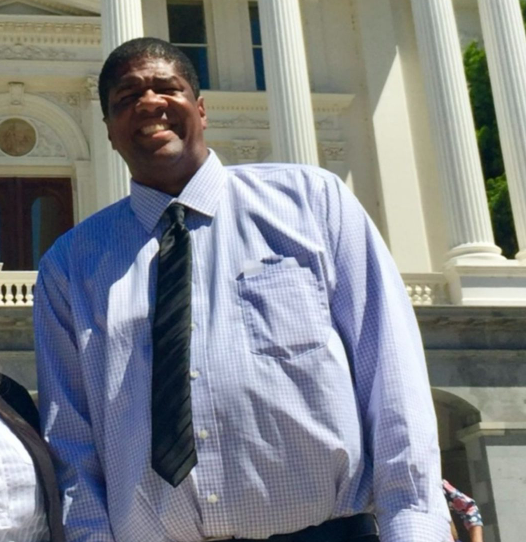Leer en Español
It is not always what it seems

Before I came to Project Return, much of my experience was anecdotal. I did not know much about this term “IMD” or Institution for Mental Disease—the notion seemed full of mystery. A few months into my new position, I received an invitation to participate in a group session at an IMD, within its walls. I was excited to witness my peers extending their unwavering support to those who were denied the same access to assistance as the rest of the world.
As I approached the building nestled in what seemed to be a tranquil neighborhood, it bore the facade of a colossal, grand house. Its exterior betrayed no hint of the peculiar journey that lay ahead. Yet, as I stepped inside, my senses were immediately overwhelmed. The lofty ceilings and the imposing textured door were but an illusion created from the exterior. Inside, I was confronted with a disorienting reality. The corridors were populated by individuals wandering through the labyrinthine halls of their own minds. I later learned this was due to the medication they are given every morning. The walls, absent of any adornments, were sterile like that of any ordinary hospital. However, it was the sight of iron bars hugging the small windows that etched itself into my memory. It was a stark reminder of the profound limitations these residents faced.
A glimmer of hope lay in the outdoor area, sparkling with autumn decorations. Yet, my hopewas quickly dampened when I learned that venturing outside was a privilege seldom granted to those inside the facility. As we set up for the group session, and members began to trickle in, I could not help but notice the look on their faces when they saw my coworker, Natalie*. Natalie is a Project Return veteran and has worked in these settings for over a decade. Her mere presence breathes new life into these spaces.
My takeaway is, that in this sterile, locked environment, our organization bears a massive torch—we may be the only outside agency hosting groups to prepare people for the life they seek in the community. Ending up in an IMD is not easy. It may seem hopeless. And that’s why Project Return’s Community Integration Project which reaches in to help support people moving out is so powerful. My call to action is for those of us that care about mental wellness to do your research and advocate for those who may not have a voice.


